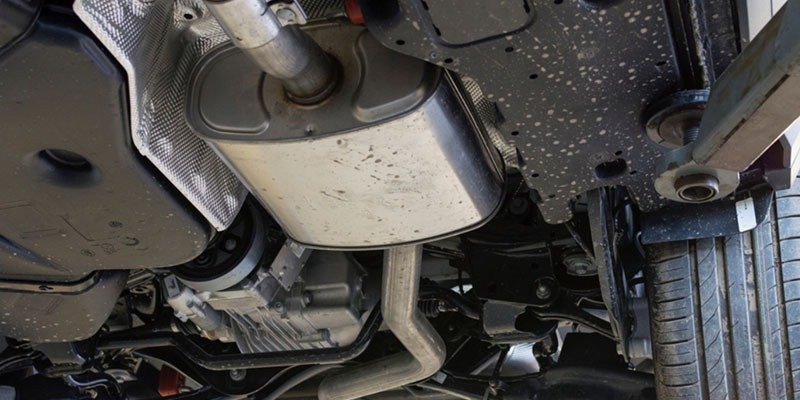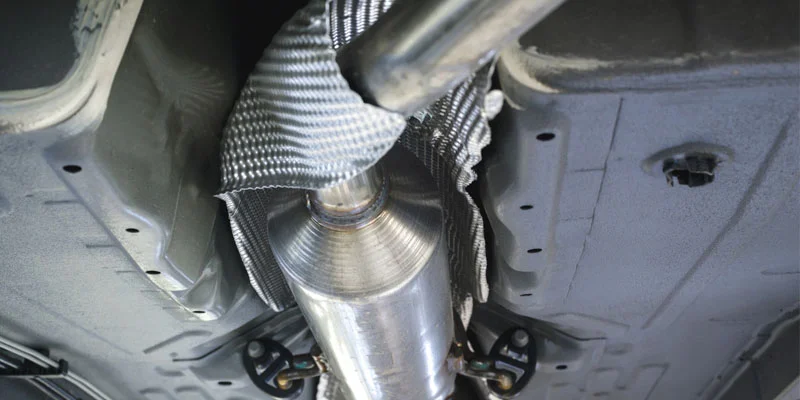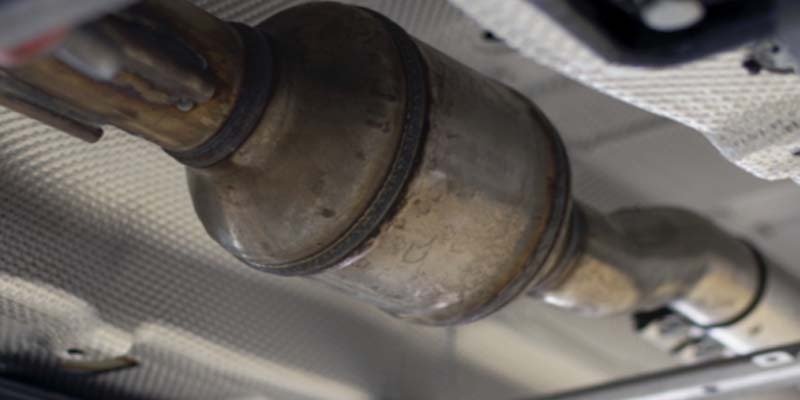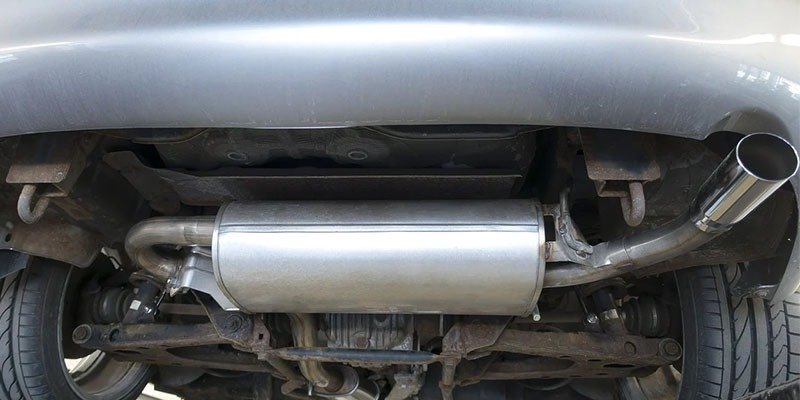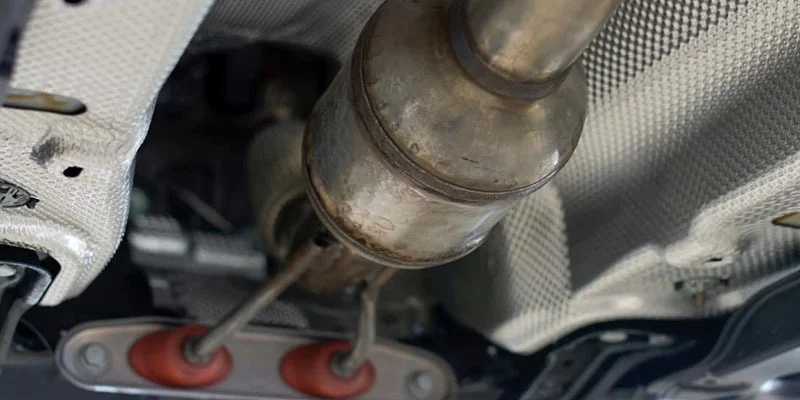Catalytic converters have been a crucial component of automotive emissions control for over five decades. These devices help to reduce harmful emissions from internal combustion engines, improving the air quality and reducing the environmental impact of vehicles. Despite their widespread adoption, not all vehicles have catalytic converters.
In this article, we will explore the importance of catalytic converters, the vehicles without them, and alternative technologies for reducing emissions.
Importance of Catalytic Converters
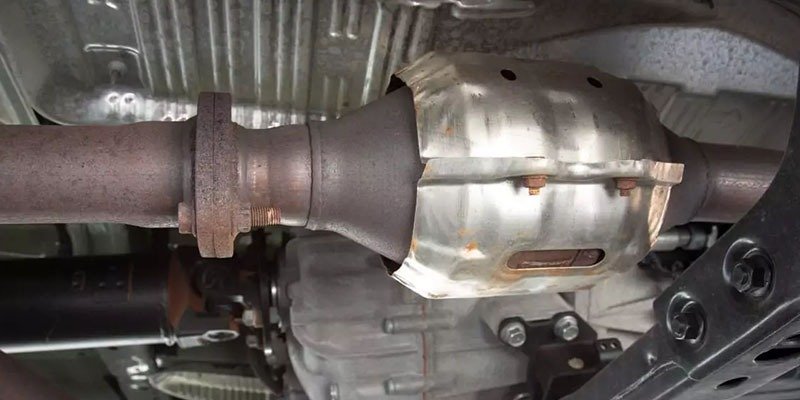
Catalytic converters play a crucial role in reducing harmful emissions from vehicles. According to the Environmental Protection Agency (EPA), a properly functioning catalytic converter can reduce carbon monoxide emissions by up to 97%, hydrocarbon emissions by up to 95%, and nitrogen oxide emissions by up to 90%. These emissions contribute to smog and poor air quality, which can cause health problems such as respiratory issues, heart disease, and cancer.
Legal requirements for catalytic converters also contribute to their importance. In the United States, the Clean Air Act requires that all new vehicles manufactured since 1975 be equipped with catalytic converters. Similar regulations exist in other countries, with emission standards and testing procedures varying by region.
Vehicles Without Catalytic Converters
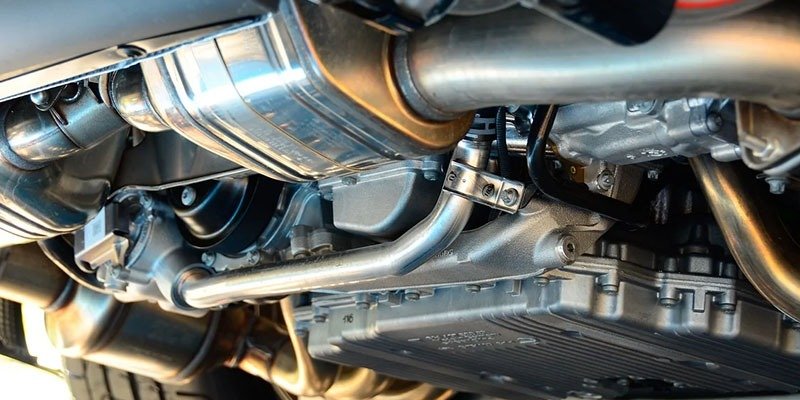
Not all vehicles have catalytic converters, and understanding their impact on emissions is essential in the discussion of environmental impact. Let’s check out the vehicles that are without catalytic converters:
1. Vintage and Classic Cars

One of the most significant groups of vehicles without catalytic converters is vintage and classic cars. In the United States, cars manufactured before 1975 are not required to have catalytic converters, as these devices were not mandated by the Clean Air Act until that year. This means that many vintage and classic cars on the road today emit higher levels of harmful pollutants than modern cars equipped with catalytic converters.
In addition to pre-1975 cars, other exceptions and exemptions exist in other countries. For example, in the European Union, classic cars over 30 years old are exempt from emission standards. While these cars may hold historical and cultural significance, they also contribute to harmful emissions and pose a challenge for environmental regulation.
2. Racing and Performance Vehicles
Another group of vehicles without catalytic converters is racing and performance vehicles. High-performance exhaust systems are often used in these vehicles to increase horsepower and torque, but they also eliminate catalytic converters. This results in higher levels of harmful emissions, which are not only detrimental to the environment but also pose health risks to drivers and spectators.
While these vehicles may be legal for use on racetracks, they are illegal for use on public roads. However, the lack of enforcement and oversight means that these vehicles may still be used illegally, contributing to harmful emissions and air pollution.
3. Off-Road Vehicles
Utility and recreational off-road vehicles are also exempt from catalytic converter requirements. These vehicles are used in rugged terrain and are often fitted with modified exhaust systems that eliminate catalytic converters. While these vehicles may not be used on public roads, they still contribute to harmful emissions and air pollution in their respective environments.
Emission regulations for off-road use vary by region, but they are generally less stringent than on-road regulations. This means that off-road vehicles may emit higher levels of harmful pollutants than their on-road counterparts, posing a challenge for environmental regulation and enforcement.
4. Electric Vehicles
While most modern vehicles are equipped with catalytic converters, electric vehicles do not require them. These vehicles use zero-emission propulsion systems, which contribute to a cleaner environment and reduce overall emissions. This is a significant advantage over internal combustion engines, which rely on fossil fuels and contribute to harmful emissions.
The role of electric vehicles in reducing overall emissions cannot be overstated. According to the International Energy Agency, electric vehicles saved 42 million tons of CO2 emissions globally in 2020. This reduction in emissions is crucial in the fight against climate change and promoting a cleaner, more sustainable future.
Alternatives to Catalytic Converters

Catalytic converters have become a standard component of modern vehicles, reducing harmful emissions and promoting cleaner air. However, alternative technologies also exist for reducing emissions without catalytic converters:
1. Selective Catalytic Reduction (SCR) Systems
SCR systems are commonly used in diesel engines to reduce nitrogen oxide emissions. These systems use urea injection to convert nitrogen oxide into harmless nitrogen gas and water vapor. According to the International Council on Clean Transportation, SCR systems can reduce nitrogen oxide emissions by up to 90%.
SCR systems are effective in reducing emissions, but they also require regular maintenance and the use of urea, which can be expensive. Despite this, SCR systems remain a popular alternative to catalytic converters in diesel engines.
2. Lean-Burn Engines
Lean-burn engines offer another alternative to catalytic converters. These engines operate with a higher air-to-fuel ratio, reducing emissions without needing a catalytic converter. According to the United States Department of Energy, lean-burn engines can reduce nitrogen oxide emissions by up to 70%.
While lean-burn engines offer a potential alternative to catalytic converters, they are not as commonly used as traditional engines. This is due in part to the complexity of the technology and the challenges associated with maintaining high levels of engine efficiency.
3. Exhaust Gas Recirculation (EGR) Systems
EGR systems are another alternative technology for reducing emissions. These systems redirect exhaust gases back into the engine, reducing nitrogen oxide emissions. According to the EPA, EGR systems can reduce nitrogen oxide emissions by up to 50%.
EGR systems are relatively simple and cost-effective, making them a popular alternative to catalytic converters in some vehicles. However, these systems may also lead to reduced engine performance and efficiency.
The Future of Catalytic Converters

Catalytic converter technology continues to evolve. Advancements in materials and engineering have led to improved efficiency and durability. These advancements have also reduced the use of rare earth metals, which are expensive and environmentally damaging to extract.
The future of automotive emissions reduction lies not only in the evolution of catalytic converters but also in the transition to alternative powertrains. Electric vehicles, which do not require catalytic converters, offer a zero-emission alternative to internal combustion engines. Hydrogen fuel cell vehicles also offer a promising alternative, with water vapor being the only byproduct of their operation.
Public policy and regulations will also play a crucial role in reducing vehicular emissions. Incentives for cleaner vehicles and stricter emission standards can drive innovation and adoption of cleaner technologies.
Conclusion
Catalytic converters have played a crucial role in reducing vehicular emissions and improving air quality for over five decades. While most modern vehicles are equipped with these devices, exceptions exist. Alternative technologies such as SCR systems, lean-burn engines, and EGR systems offer potential solutions to reducing emissions without catalytic converters. The future of

My Name is Christopher Angels, and I am a postgraduate in mechanical engineering. Cars have always excited me as a child, and soon I decided to dive into the world of cars by pursuing mechanical engineering. I also worked as a Mechanic for over 3 years to understand Cars’ anatomy and how each part contributes to its working.
My Name is Christopher Angels, and I am a postgraduate in mechanical engineering. Cars have always excited me as a child, and soon I decided to dive into the world of cars by pursuing mechanical engineering. I also worked as a Mechanic for over 3 years to understand Cars' anatomy and how each part contributes to its working.

